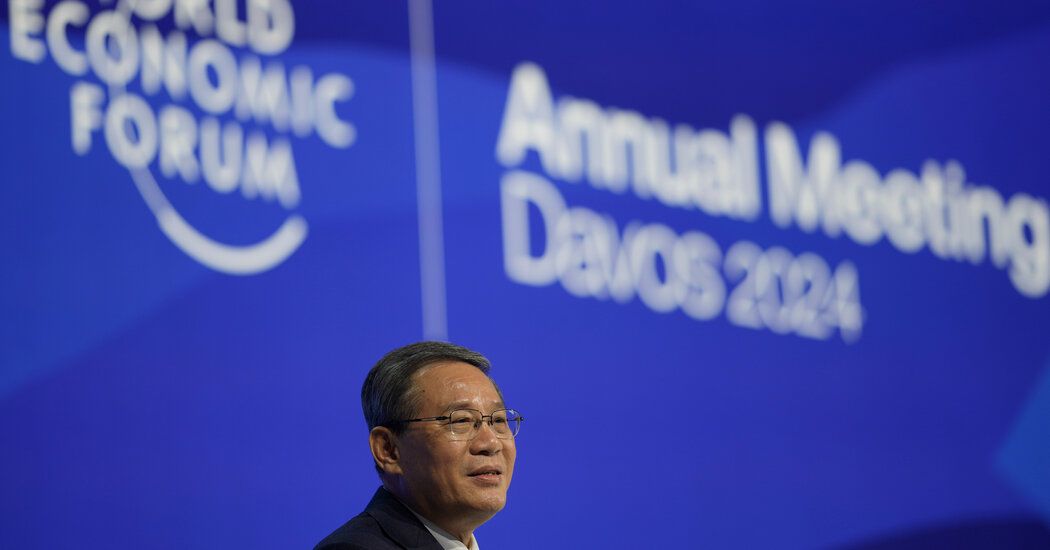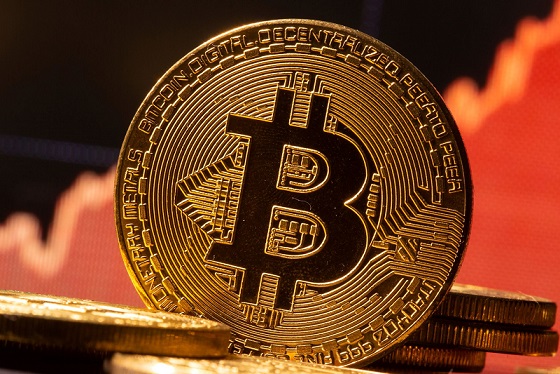China's second leader, Li Qiang, traveled to Switzerland with a message to the titans of the business world gathered at the World Economic Forum.
“Choosing the Chinese market is not a risk, but an opportunity,” Li, China's prime minister, told an audience in Davos, Switzerland, on Tuesday.
But there is a different sentiment about China's performance in the stock market and it is not as optimistic. Concerns about China's economy have been visible for months in Hong Kong, where stocks plunged 14 percent last year.
The new year has also offered no relief and economic data released by China on Wednesday sparked another sell-off.
In Hong Kong, where many of China's largest companies operate, shares fell almost 4 percent. So far this year, the market has lost almost a tenth of its value. In China's financial capital Shanghai, shares fell nearly 2.1 percent, extending this year's decline to nearly 4 percent.
Although China said its economy grew 5.2 percent in 2023, which is high by most standards, it is undergoing massive changes. The country's leaders are trying to move China away from property and construction, which have long been pillars of growth, while reducing the country's dependence on borrowed money.
The expected boom in consumption after China reversed its “zero Covid” policy at the end of 2022 has also not materialized.
A shrinking population and aging workforce add to the headwinds. China also said Wednesday that its population had shrunk by 2 million people and was aging rapidly, putting even more pressure on its already weak health care system and underfunded state pensions.
While China's economy has shown slight improvement recently, “the recovery clearly remains unstable,” Capital Economics economists wrote in a report.
Real estate and consumer companies were among the hardest hit by the sell-off in Hong Kong, which for years has been a gateway for foreign investors wanting to invest money in mainland China. Longfor Group, a Chinese property developer, fell 7.8 percent, while Meituan, the Chinese delivery service, fell 7.4 percent.
So far this year, stocks in the United States are holding steady, while stock prices in Japan are rising, more than 6 percent.
Many investors have been waiting for China to boost its economy with big stimulus as it has done in the past during economic stresses, but policymakers have said this time is different.
Mr. Qiang reiterated this reluctance in his speech at the World Economic Forum. “We have stayed away from major stimulus,” he said, “and have not sought short-term growth at the price of accumulating long-term risk.”










